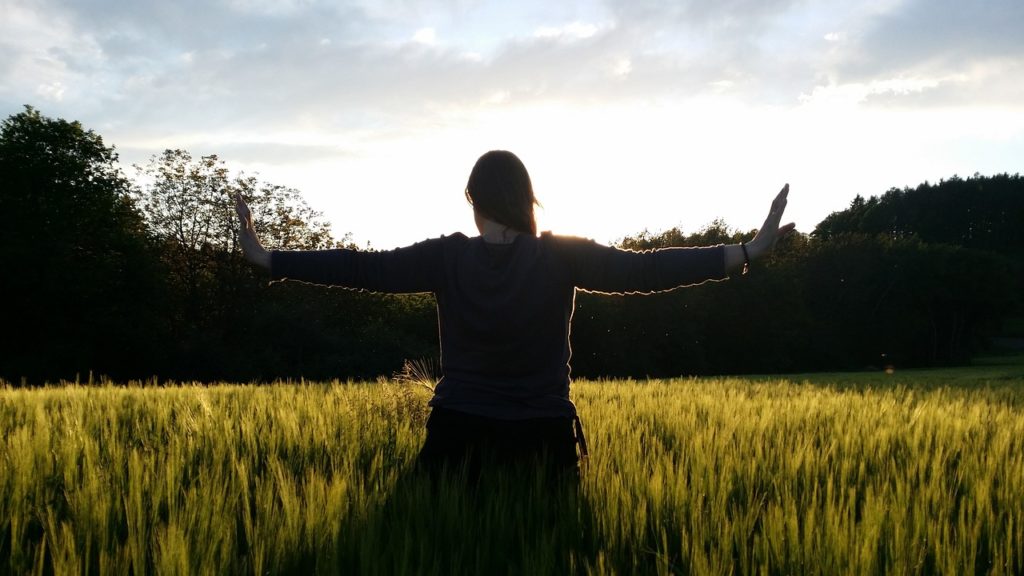
Relax Your Way to Better Health
Every day, I encounter variations of a similar story. I hear the story of how a productivity driven culture and life has created all the right circumstances for a health crisis. The challenge then becomes not only recovering health, but also in learning to redefine how we determine value and worth, and what actually are some of the most productive things we can do?
The drive to achieve success, financially, academically or even relationship can be a great motivator and keep us out of stagnation, but it is usually a long course run rather than short. We have to be able maintain steadiness or we literally burn ourselves out. With my clients, I am seeing this over and over again.
Professionals climbing, parents trying to give it all for their families, teenagers trying to keep up with the pressures to perform, relationship challenges, time of life changes, financial burdens and more than can be named, and without relaxation, our bodies are taking a toll. Some of the negative impacts of poorly managed stress are:
- Compromised immune function
- Compromised digestive function – reduced absorption of nutrients and more frequent symptoms of digestive distress
- Compromised fertility
- Increased susceptibility to anxiety and other mood disorders
- Increased blood pressure/hypertension
- Compromised sleep habits
Each time we encounter a stress inducing event, whether it is a phone call, an exam, a traffic situation or an unexpected expense, our body has a full response. We secrete cortisol, our blood sugar spikes, our digestive system goes offline, our immune system is affected and our gut bacteria are involved. There is a direct relationship with our gut microbiome and our short term and long term resilience to stress. Maintaining a lifestyle that is supportive of digestive health and the gut microbiome will actually improve your ability to manage stress and reduce inflammation, including neuro-inflammation.
The challenge becomes more changing our behaviors and trusting that regarding our health in how we schedule our time is one of the greatest long term investments we can make. I see often how difficult it can be to recover health once it is lost, and although it seems adjusting habits is hard, maintaining health is so much easier then reclaiming it.
There are a couple ways to support your nervous system and aid in relaxation that work for many:
- Breath
Your breath is linked to your nervous system through your vagus nerve. By taking a few minutes, a few times a day to slow your breathing down, you can actually shift your nervous system. It is an effective way to bring you out of a stress response and into a parasympathetic state. Breathing practices are known for being very helpful with anxiety and stress.
- Meditation
The overall health benefits of meditation are profound. A regular practice has been shown to reduce inflammation, pain and blood pressure. In addition, it changes the neurotransmitters our bodies circulate. There are forms of meditation for virtually every spiritual tradition so it is embraceable by all.
- Gratitude
Establishing some type of daily gratitude practice can improve physical symptoms, reduce anxiety, improve baseline for happiness and increase relationship satisfaction. Doing a gratitude practice can include gratitude journaling every day, writing thank you letters a few times per week or meditating daily on one person, place, pet or thing you are deeply grateful for.
- Movement
Movement for relaxation includes things like tai chi, restorative yoga, gentle walking or walking in water. Vigorous movement, although beneficial for health, is not quieting to the nervous system. Ideally, you would want to get in fitness activities every day and some type of relaxation as well.
- Creativity
Many crafters would attest to the benefits they feel from time spent crafting. It is not necessary to be perfect or the best, simply doing some type of creative activity with your hands changes the brain and supports the nervous system. Keep a watercolor journal by your bedside, or knit as a way of winding down. Adult coloring books are becoming more and more popular. These are simple activities that we don’t have to think our way through, but help decompress the body somewhat effortlessly.
Take an assessment of your average day and how many times per week you include relaxation as a necessity. It is as necessary as brushing your teeth and taking a shower. In the times we currently live in and the stressors most people are under, we have to consciously support our nervous systems in the shift out of a sympathetic state. Giving this gift to the body will ultimately create more productivity and more contentment. Enjoy your downtime!
Resources:
https://www.sciencedirect.com/science/article/pii/S2352289515300370
https://nccih.nih.gov/health/meditation/overview.htm
https://greatergood.berkeley.edu/article/item/how_gratitude_changes_you_and_your_brain
https://www.ncbi.nlm.nih.gov/pmc/articles/PMC3010965/
http://www.berkeleywellness.com/healthy-mind/stress/article/unexpected-benefits-crafting
